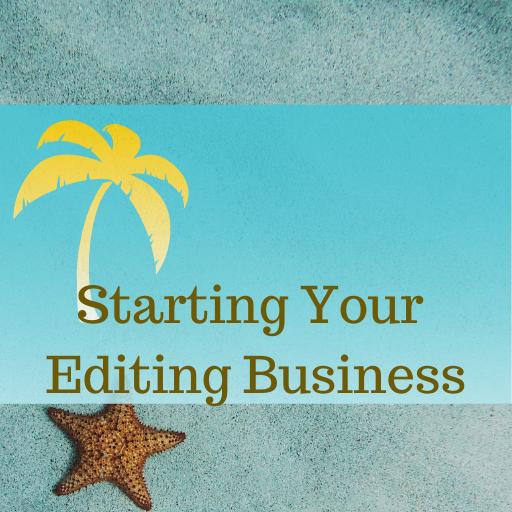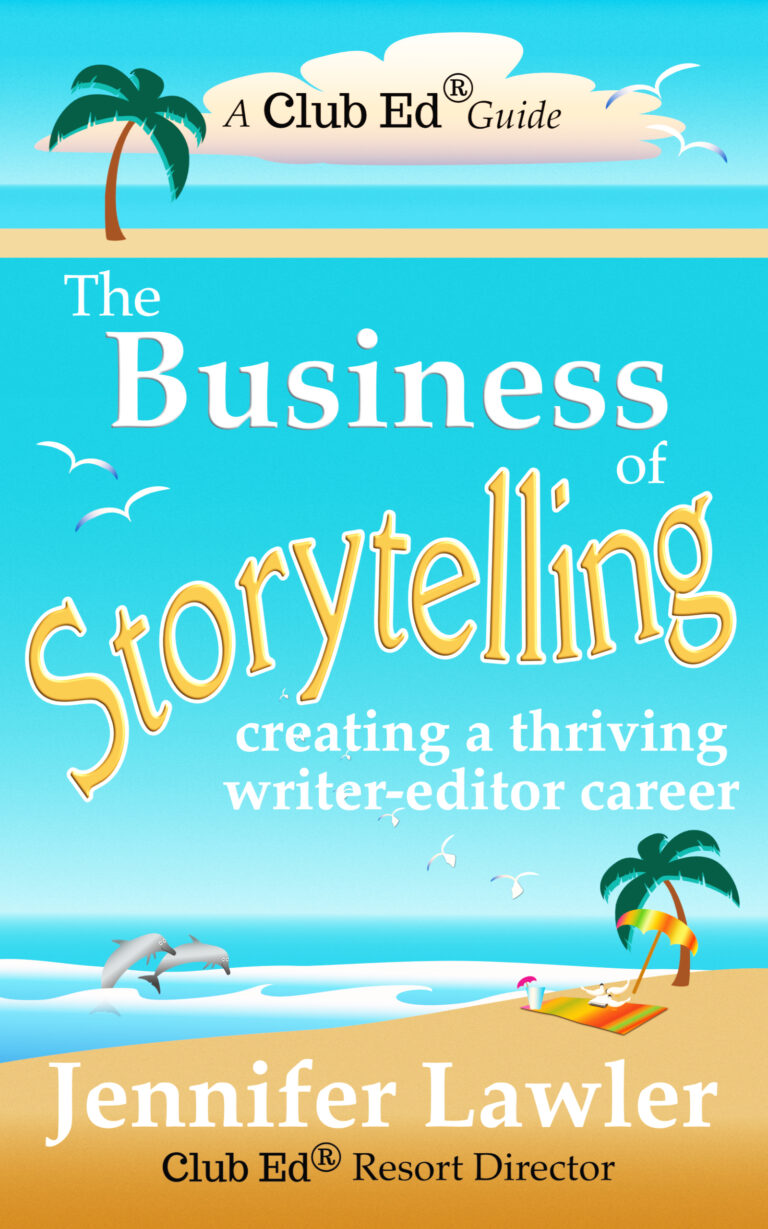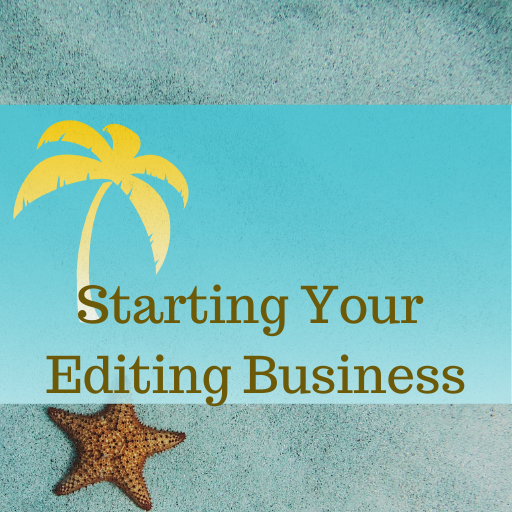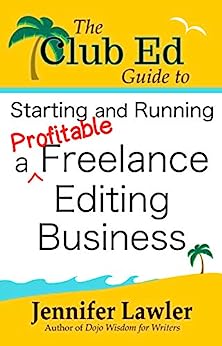5 Networking Tips for Editors
Most of my work comes from referrals and word-of-mouth, and that’s true of most of the experienced freelance editors I know. I also solve a lot of problems that arise by talking them over with my colleagues.
Because of that, I’m a strong advocate for having a network of colleagues. But I know networking intimidates people. They’re not sure how to do it right.
Here are a few of my tips for establishing a solid network of editor colleagues.

How to Network with Colleagues
Do:
1. Go where editors/freelancers are: editor organizations, classes, conferences. Say something to someone. I know this is hard; I used to write down notes of what I could say to someone before approaching them (“What did you think of the talk? I’m not sure I’d use spreadsheets that way but I liked the suggestions about how to identify GMC.”) Even just saying, “Thank you, great talk!” is an ice-breaker and people appreciate it.
2. Connect on social media. Respond to other people’s posts. This does not have to be brilliant, insightful, or terrifically funny. I love it when people just take the time to say, “Oh, this is interesting. You’ve given me something to think about.” Or share a time you encountered something similar and what you did.
3. Share good content and ideas and respond when people respond. I’m always surprised when someone takes the time to respond to a post and the original poster doesn’t react at all. Most of us are not getting ten thousand comments per post. If someone doesn’t appreciate my taking the time to comment, then I’m not going to continue to comment; I’ll connect with someone else who does appreciate my interaction. Most of my longest and most important relationships with colleagues have started because someone responded to a post I made or I responded to theirs.
How Not to Network with Colleagues
But don’t:
4. Say, “Oh, you’re an X! You offer Y! I’d love to chat!” I’ll be frank: I don’t have enough time for my own family and dearest friends, I’m not going to give it up to chat with you. Maybe someday once we’ve gotten to know each other but certainly not now. Instead, ask a specific question that can be answered without too much trouble: “Oh, you’re a fiction editor! Do you have a favorite resource for copyediting fiction?”
5. Expect other people to work for free. If you’re part of a group that discusses issues like how to solve a thorny problem with a client, then it’s perfectly fair to ask the group for advice. But don’t DM or email someone you don’t already have a relationship with and expect them to give you free advice. Hire them for a coaching session, buy their book, look at the free material they do offer.
Join the Club!
New to story editing? Begin at the beginning.







